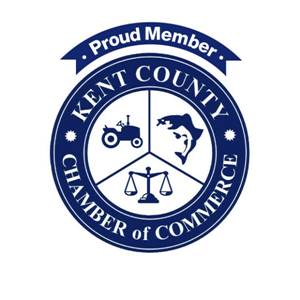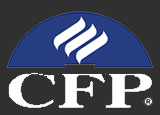2017–September
Forward
As you may know, we have been using a marketing service since last December to do our end-of-month newsletters. I have been pleased with the content and hope you have been too. We have received, however, rare feedback intimating that the updates are over-loaded with details and just a tad, well, let’s just say boring. With that in mind, I am going to start this mid-monthly newsletter to supplement the “detailed and boring” economic updates.
To avoid the end-of-month crush of all the stuff that goes into running a business here in modern-day Byzantium, we will send these out on or about the 15th of the month. These will focus on economic and financial planning subjects not covered in the updates. We will endeavor to make them less boring and more entertaining. Heck, there might even be a few dog or baby pictures (no promises though.)
Accumulation Phase
The first extremely interesting topic of the new email-newsletter will be a basic but often overlooked economic truth. The more money you accumulate now, the more you can spend later. The name for this logic-bombshell is the Accumulation Phase. This phase is virtually any time before you actually retire. Seemingly logical on the face, “save more now, spend more later,” it must be a difficult concept to grasp. We can assume it is difficult to grasp since we know many people (and families) fail to have any plan for saving money. Forget about investible assets—large swaths of the population have no liquid assets.
This odd condition is so prevalent that one might think saving money is an instinctual trait that some people just did not get. We hope and think however that this is simply a behavior, one that we can learn and practice until it strengthens into a habit. One of those good habits that once in place relieves much of the financial stress and worry in our retired life.
Regardless of where you are in your earning lifetime, young or old, high or low, there should be a portion of your earnings that is dedicated to the period when you are no longer earning. If you are earning, then you are in the accumulation phase—it matters little if you’re 12 or 72 years old. Save some of it and do not touch it.
To make saving a habit instead of a fad we need to put a few things in place. First, you can’t save any money if you spend more than you make. This should be self-evident, but you would be surprised. Secondly, the savings should be automatically removed from your spending money every month. This way you only need to decide once to start saving—then all you need to worry about is how much you are spending. (This is where budgeting comes in handy.)
Finally, what to do with the savings? It should be invested in the best and most profitable companies in the world. We are not writing about the emergency fund, that money is in a safe short-term CD or interest-bearing account in a bank somewhere. The “savings for later” referred to in this article should be invested in the markets since over the long-term that’s where you earn the most return. Do not overly concern yourself about the return when you are just starting—the return is icing on the cake—here, we are baking the cake. 5% on $10,000 is a whopping $500. You will not get rich on the investment returns, but you can join the ranks of the wealthy with the savings you stow away. People often focus on the returns and not the principal. Let me ask you, is the $500 more important than the $10,000?
At some point, the return will compound and grow as the principal grows. Like a savings partner, the returns will eventually surpass the amount of money you save every month; but we only arrive at this nirvana long in the future. The primary factor that determines successful, long-term financial outcomes is investor behavior, not investment returns. (Write that on a sticky-note and plaster it on your refrigerator.) Now tighten up your long-term saving plan today and get cracking!
Feel free to forward this to someone you think might need to hear this from someone other than yourself. Send it with a friendly note to the effect of, “Hey, this guy Marty might be able to get you started saving for your future.
(Sorry, no dog or baby photos but thanks for reading anyway.) Marty
Oh, I do have this, Kristen Owen is doing short presentation on socially responsible investing at JR’s here in Chestertown—see the advertisement below and RSVP to Jenna at 410-810-0735 or email her at jputman@chesadvisor.com.


